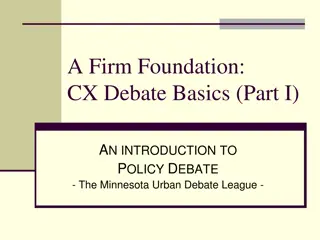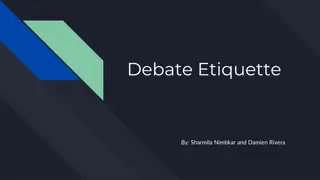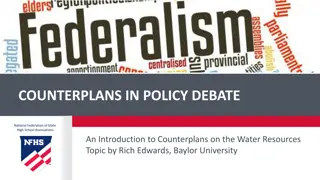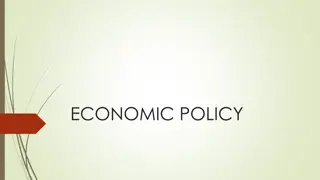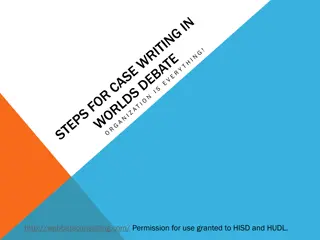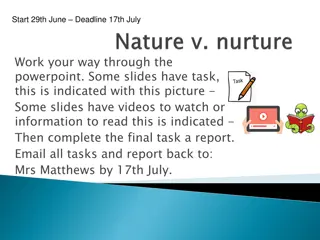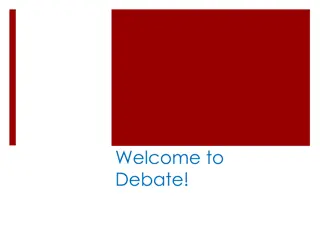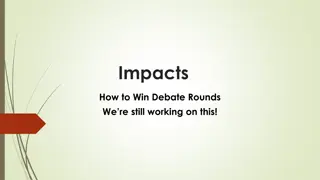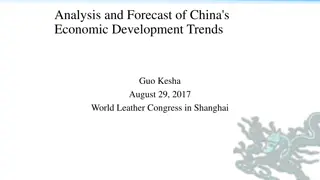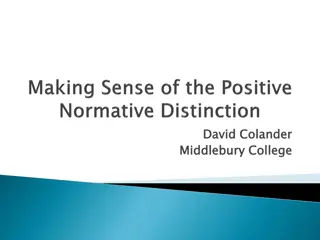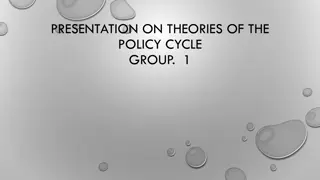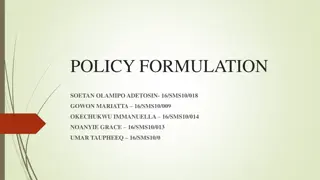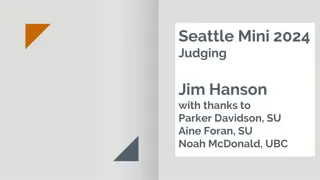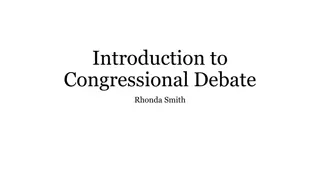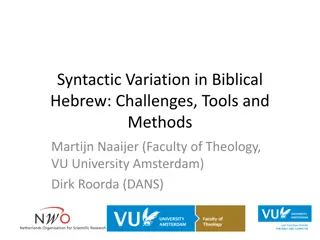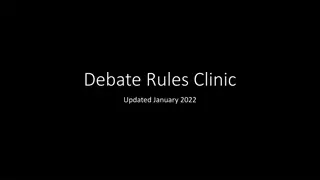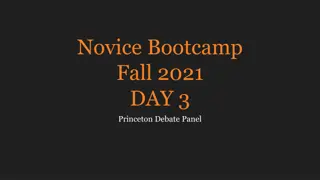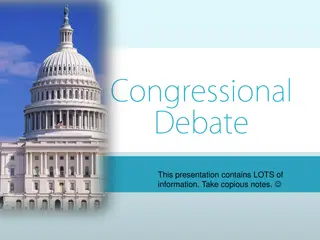Unveiling the Economic Debate and Policy Evolution
Explore the historical context and key figures in the economic debate, including insights into theories from economists such as John Bates Clark and Mason Gaffney. Delve into discussions on factors of production, the concept of rent in economics, and the implications for tax systems. Discover the impact of Professor Allen Eaton's advocacy for Georgist measures and the evolution of economic thought at institutions like Columbia University.
Download Presentation

Please find below an Image/Link to download the presentation.
The content on the website is provided AS IS for your information and personal use only. It may not be sold, licensed, or shared on other websites without obtaining consent from the author. Download presentation by click this link. If you encounter any issues during the download, it is possible that the publisher has removed the file from their server.
E N D
Presentation Transcript
LECTURE 2 Economists Debate Theory and Policy
Professor Allen Eaton was fired from the University of Oregon for successfully pushing a series of characteristically [Henry] Georgist measures: municipal ownership of the Eugene waterworks; taxation of waterpower sites; direct election of U.S. Senators; keeping valuable State-owned timberlands from being given to Southern Pacific. Mason Gaffney. The Corruption of Economics, 1994, p. 51
Neoclassical Economic Theory Factors of Production: Labor and Capital LAND
RENT -- the return to the differential quality of land and/or its locational advantage
[John Bates Clark] did not stop at subsuming land in capital. He also makes a great point that wages are rent, too. The policy implication is that wages would make a good tax base. Seligman carried this forward into the income tax, leading to the present tax system which raises much more from payrolls than property. Mason Gaffney. The Corruption of Economics, 1994, p. 59
C A P I L T A
File:Hopkinsp.jpg Johns Hopkins
Economics: Science or Something Else?
The conclusions reached in economics may, in case they come to be widely understood, seriously affect the interests of various persons and classes. And if these classes are numerous or influential, they are fairly certain to find spokesmen who can give effective expression to their dissent. Such expression may not be scientific but it will often be couched in forceful rhetoric and be reasonably plausible. Harry Gunnison Brown. Economic Science and the Common Welfare, 1925, p. 5
The failure to distinguish between land and the products of labor is not, as many believe an ancient error, but is a relatively recent one. It took a lot of sophistry and obfuscation to make men believe that a free gift of nature should be treated in the same way as are the products of their own labor. Glenn E. Hoover, Prof. of Economics, Mills College, Oakland, CA. From a banquet Speech delivered in 1951
Economics is extremely useful as a form of employment for economists.
Studies have shown that when students are tested about their knowledge of basic economic principles six months after completing an introductory economics course, they score no better, on average, than those who never took the course. Robert H. Frank Robert H. Frank. The Dismal Science, Dismally Taught, The New York Times, August 12, 2007


